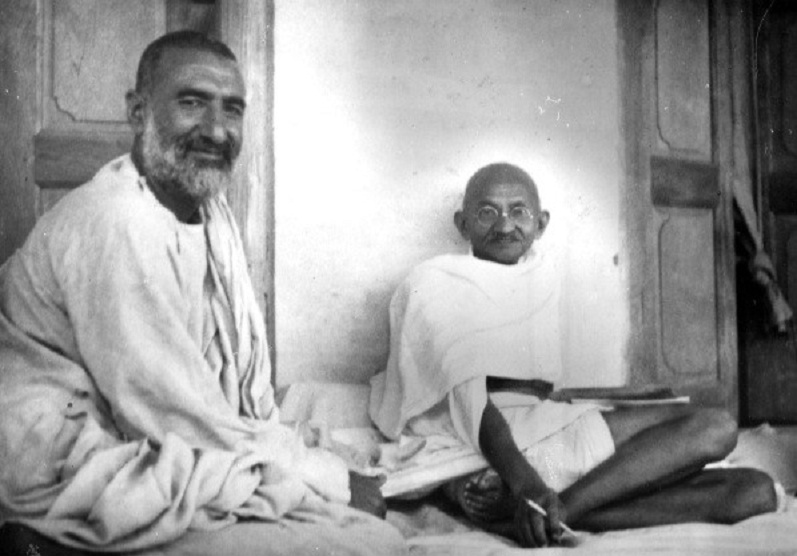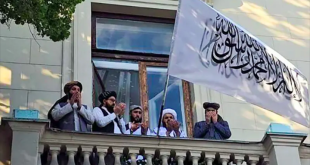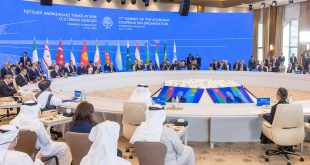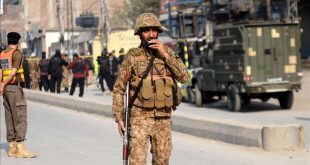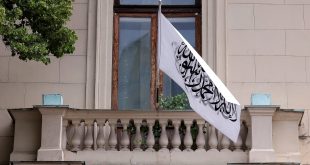KABUL: Across the Durand Line and in other parts of the world, on Wednesday Afghans have observed the 28th death anniversary of Khan Abdul Ghaffar Khan, also widely known as Bacha Khan.
Born in 1890, in the town of Utmanzai in what was formerly known as the ‘North West Frontier Province’, in India, Bacha Khan dedicated the majority of his life teaching his fellow Pukhtuns the value of tolerance. His main exertion often centered on their education, mannerism, self-respect, well-being and self-reliance.
His passion towards education, for both girls and boys, and the creation of schools in villages especially created quite a melee; his work was not seen as positive reinforcement but taken instead as ‘rebellion’ – an opposition. And, yet, despite being constantly persecuted, Bacha Khan incessantly defied their ill-intentions and retaliated with selfless devotion and preaching of nonviolence.
Often compared to Mohandas Gandhi, whom he met in 1919, he was given the title of the ‘Frontier Gandhi’.
Shortly after meeting Gandhi, for two decades thereafter Bacha Khan and his army of Red Shirts, a nonviolent, democratic and secular liberation movement that he founded called the ‘Khudai Khidmatgars’ (Servants of God), struggled alongside Gandhi and the Congress party for a united, democratic and secular India. The British, in turn, responded brutally by carrying out a terrible massacre at the Qissa Khawani Bazaar (the storytellers’ market) in the then peaceful Peshawar city in 1930, where it was their first major confrontation with the non-violent demonstrators.
It was the Khudai Khidmatgar’s dedication to Bacha Khan and his approach to nonviolence that infuriated and perplexed the British even further, compelling them to torture and humiliate the great leader, resulting in countless accusations and imprisonment. Yet, Bacha Khan refused to be defeated, time and time again, notwithstanding his peaceful and liberal views, especially with regards to secularism and women’s rights.
It was here that Bacha Khan became a Pukhtun folk hero. There is no doubt that his incredible life and struggle for peace are one of the greatest unprecedented stories of our time.
Besides the excellent biographies written by Rajmohan Gandhi titled ‘Ghaffar Khan: Nonviolent Badshah of the Pukhtuns’ and Eknath Easwaran’s, ‘Nonviolent Solider of Islam’, there is a brilliant documentary by Teri McLuhan, called ‘The Frontier Gandhi – Badshah Khan, A Torch For Peace’. Very little is otherwise known and written about Bacha Khan, especially in the West.
The great leader is remarkably absent from many history books — or, worse, referred to in passing. He has rarely been mentioned even in the media, until very recently, when Malala Yousafzai mentioned him in a speech she gave at the UN, in 2013, in which she stated, “…This is the philosophy of non-violence that I have learnt from Gandhi jee, Bacha Khan and Mother Teresa. And this is the forgiveness that I have learnt from my mother and father. This is what my soul is telling me, be peaceful and love everyone.”
He died on January 20, 1988, 40 years after Mahatma Gandhi was assassinated on January 30, 1948. Their relationship – both personal and political – holds profound lessons for the world today, just as their beleaguered legacies remain under constant attack.
 Afghanistan Times
Afghanistan Times
